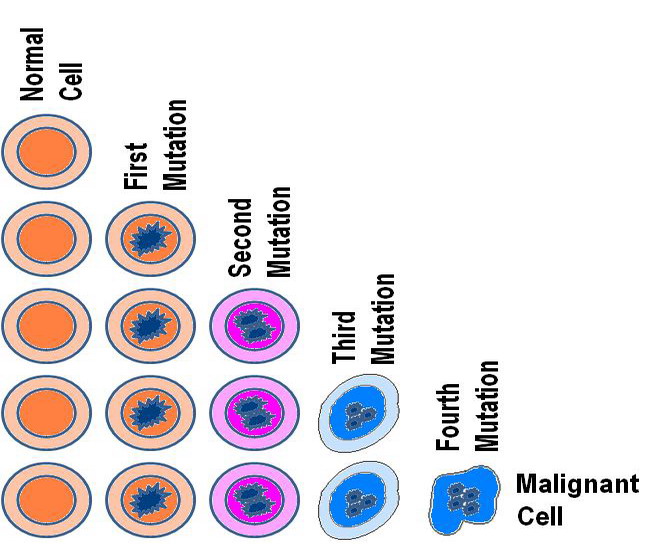
What is Cancer and How to Prevent?
What is Cancer? The Cancer is a broad group of various diseases, all involving unregulated cell growth. The cells grow uncontrollably, forming malignant tumors, and invade nearby parts of the body. The cancer may also spread to more distant parts of the body through the lymphatic system or bloodstream. There are over 200 different known […]
